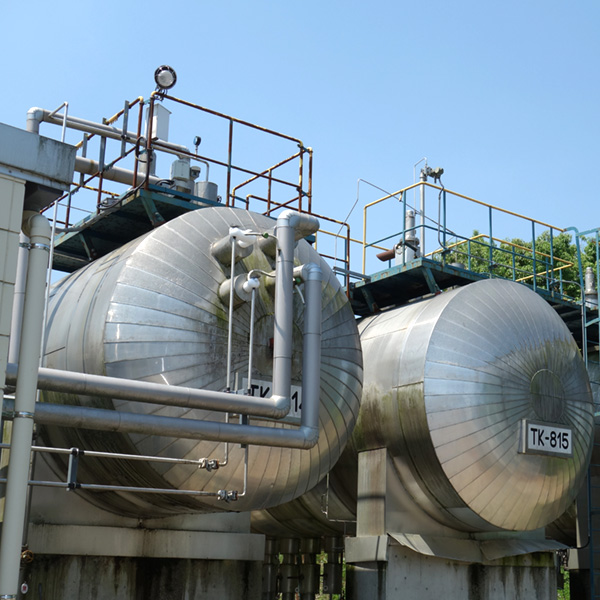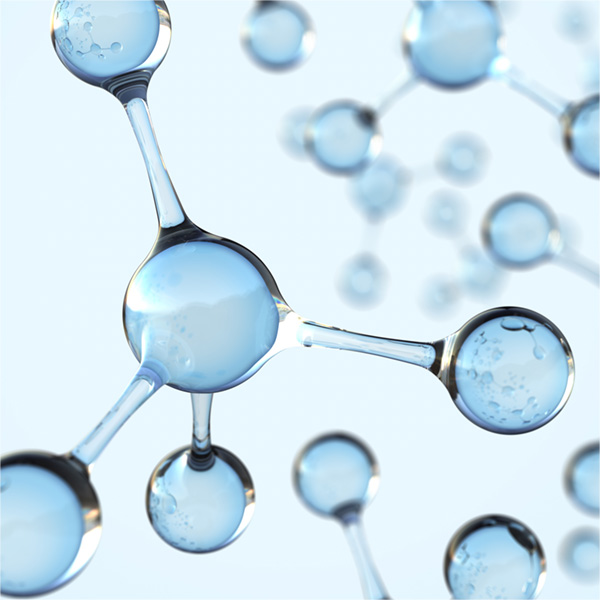
Sustainability
Strengthening of Nissan Group's business base
- HOME >
- Sustainability >
- Strengthening of Nissan Group's business base >
- Adaptation to Climate Change
Adaptation to Climate Change
Policy/Philosophy
Due to consumption of large amounts of fossil fuels such as oil and coal in day to day life, greenhouse gas emissions, including carbon dioxide emissions, are increasing and climate change is progressing. With the progression of climate change, there is concern that various adverse effects will increase, such as increases in natural disasters including heavy rains and floods, reduction of food and water resources, and occurrences of heat stroke and infectious diseases.
In addition to promoting activities in order to prepare for the effects of climate change, our Group will contribute to the realization of an adaptive society that is resilient to climate change by providing products and services that contribute to adapting to climate change.
System
Activities
Promotion of Adaptation to Climate Change in Business Activities
There is concern that climate change will progress which will lead to more natural disasters such as heavy rains, floods, and typhoons. There is a risk of a major typhoon or other natural disaster directly impacting major plants of our Group, resulting in increased costs for equipment restoration and a decrease in production volume. Therefore, our Group conducts safety confirmation drills once a year designed for Group officers, employees, and other relevant parties. In addition, we have formulated a Business Continuity Plan (BCP) for each plant which addresses possible tsunamis, typhoons, and flood damage. We will continue our efforts to ensure the safety of human resources and realize an early recovery and business continuity in the event of an emergency such as a large-scale disaster.
Drought and water quality deterioration due to the progress of climate change and increased water demand due to population growth and economic development are increasing the risk of the inability to secure necessary water resources, especially in Africa and Asia. We have confirmed that there are no manufacturing bases in areas where water stress is high. In areas where our manufacturing bases are located, we comply with emission standards set by the laws of each country and regulatory values based on local agreements.





